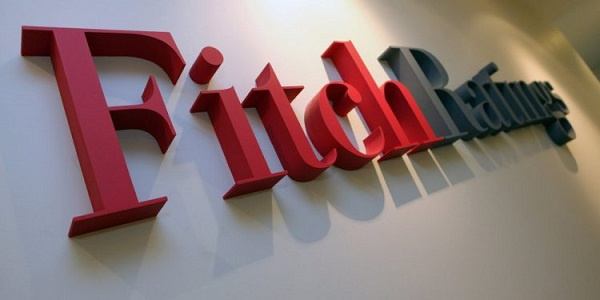The strong profitability of banks operating in Ghana is sufficient to offset risks to capitalisation from local-currency weakness, Fitch Ratings has pointed out.
According to the London-based firm, the sector’s pre-impairment operating profit was equivalent to 7.1% of average total assets in 2023 and should remain strong enough to absorb impairment charges due to pressured loan quality and the ongoing sovereign external debt restructuring, while continuing to support a recovery in capitalisation after the large losses inflicted by Ghana’s domestic debt exchange programme (DDEP).
“The Ghanaian cedi has depreciated by 18% [BoG data] against the US dollar in 2024, driven by a lower current account surplus due to increased import demand, a sharp decline in cocoa exports and energy sector payments, in addition to speculative activity and delays in external debt restructuring. Since end-2021, the cedi has depreciated by 59% against the dollar”, it said.
“The depreciation will add to pressure on Ghanaian borrowers already contending with the macroeconomic impact of the sovereign default in 2023, including high inflation (May 2024: 23.1%) and interest rates”, it furthered.
Additionally, the cedi depreciation has put pressure on the banking sector’s total capital adequacy ratio (CAR) through the inflation of foreign-currency (FC)-denominated risk-weighted assets.
However, Fitch said this has recently been more than offset by particularly strong profitability driven by high yields on treasury bills, with the sector CAR increasing to 15.5% at end-April 2024 from 13.9% at end-2023.
Without formal regulatory forbearance, the sector CAR would have been 11.5%.
Banking sector capitalisation weakened by DDEP
The banking sector’s capitalisation was significantly weakened by the DDEP that concluded in 2023. The true capital impact has been masked by the use of a low discount rate to calculate the fair value of the new bonds received, and formal regulatory forbearance allowing DDEP-related losses to be phased into regulatory capital ratios over four years.
Fitch said banks are far less affected by the ongoing sovereign external debt restructuring as their exposure to Ghana’s Eurobonds is limited, and they have already taken sizeable impairments.
However, the cedi depreciation has inflated banks’ exposure relative to capital, making capital moderately more sensitive to losses imposed on Eurobond creditors under the restructuring.
Latest Stories
-
Hohoe Ghana Blind Union organises training for members ahead of Election 2024
1 min -
Alan Kyerematen reveals his future plans for Ghanaian Health professionals
2 mins -
AAIN empowers women and small enterprises in Upper East Region through SHINE project
3 mins -
Akufo-Addo leads nationwide commissioning of 80 educational projects
9 mins -
Ghana and Seychelles strengthen bilateral ties with focus on key sectors
40 mins -
National Elections Security Taskforce meets political party heads ahead of December elections
44 mins -
Samsung’s AI-powered innovations honored by Consumer Technology Association
1 hour -
Fugitive Zambian MP arrested in Zimbabwe – minister
1 hour -
Town council in Canada at standstill over refusal to take King’s oath
2 hours -
Trump picks Pam Bondi as attorney general after Matt Gaetz withdraws
2 hours -
Providing quality seeds to farmers is first step towards achieving food security in Ghana
2 hours -
Thousands of PayPal customers report brief outage
2 hours -
Gary Gensler to leave role as SEC chairman
2 hours -
Contraceptive pills recalled in South Africa after mix-up
2 hours -
Patient sues Algerian author over claims he used her in novel
3 hours

